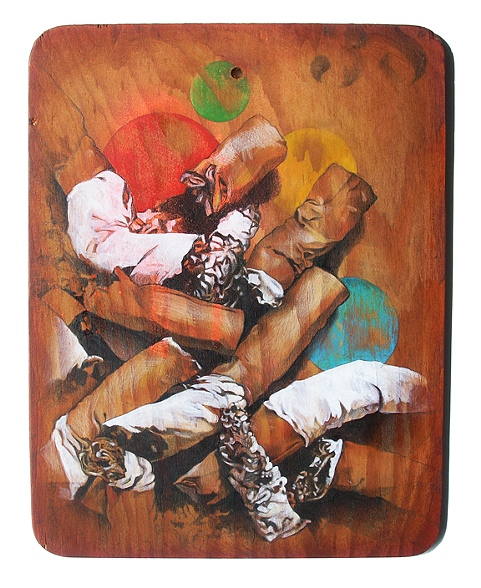Since the theme of this week is sleeping with the enemy and war babies, I though about Jennifer Kwon Dobbs. She mentions how her adoptive father served in Vietnam and how her adoptive grandfather fought against Korea. Kwon Dobbs is Korean, a war baby, and as the theme states, sleeps with the enemy, for her grandfather fought against her own kind.
The reading also includes work by other people. One of them is Jared Rehberg. Jared is a singer/ songwriter who writes songs about being a transracial adoptee. I very much enjoyed listening to his songs. His songs are a means for transracial adoptees to identify with other transracial adoptees, and to make their conflicting identity a bit easier to cope with. One of my favorite songs by Rehberg was "Someone Like Me" http://jaredrehberg.com/music This is a beautiful song that was recorded with a young adoptee. It is meant to provide other adoptees with a support system, and although I am not an adoptee, the song was very moving to me.
Lastly, the work by Christina Mazza is also included in this reading. Mazza focuses her artwork on reclaiming useless/ insignificant things and making them into art pieces that have value. She focuses on reclaiming power and giving another sense of value to things that are deemed worthless by people. This can be very easily connected to how adoptees feel. Unfortunately, many adoptees often feel worthless and confused, but Mazza tries to show that objects that seem worthless often have value that has not been discovered. After reading and analyzing the piece by Choy and others, some questions come to my mind: through what methods, besides the ones mentioned in the reading, can multiracial people/transracial adoptees begin to claim their roots and their identities?

"No. 38 Series"
2010
Mixed Media on Found Wood Panel
11" x 8.5"
No comments:
Post a Comment